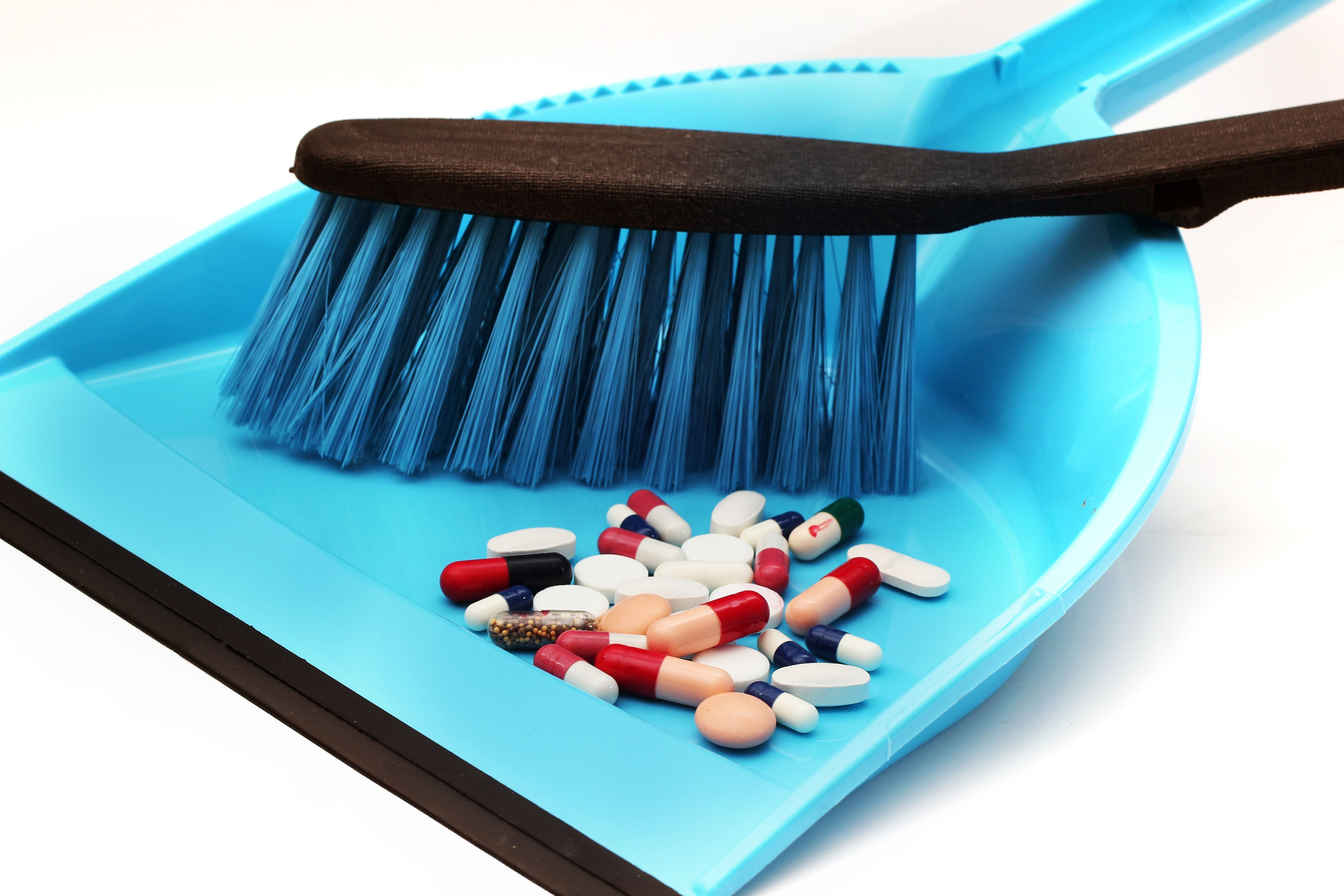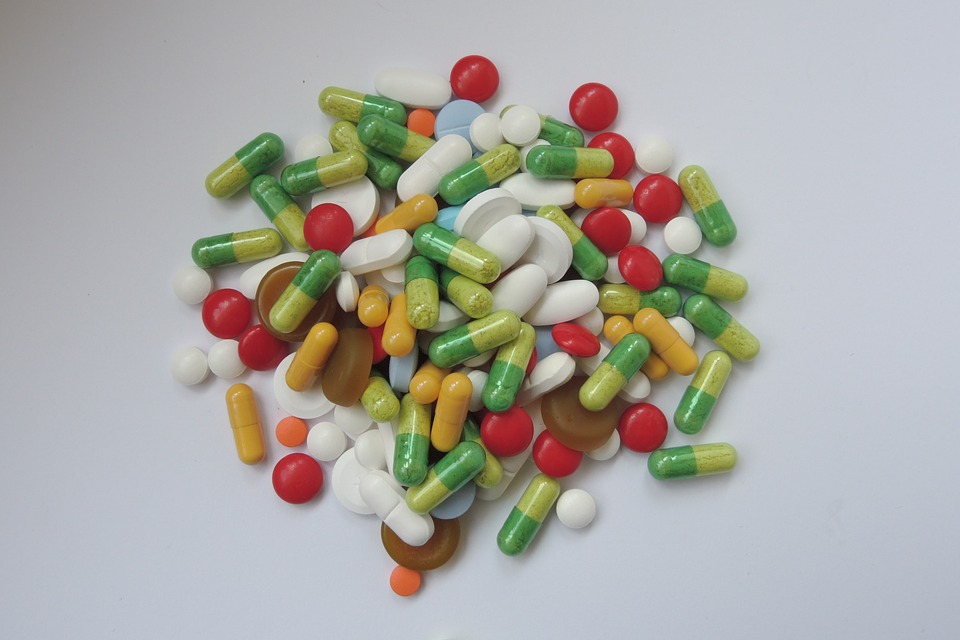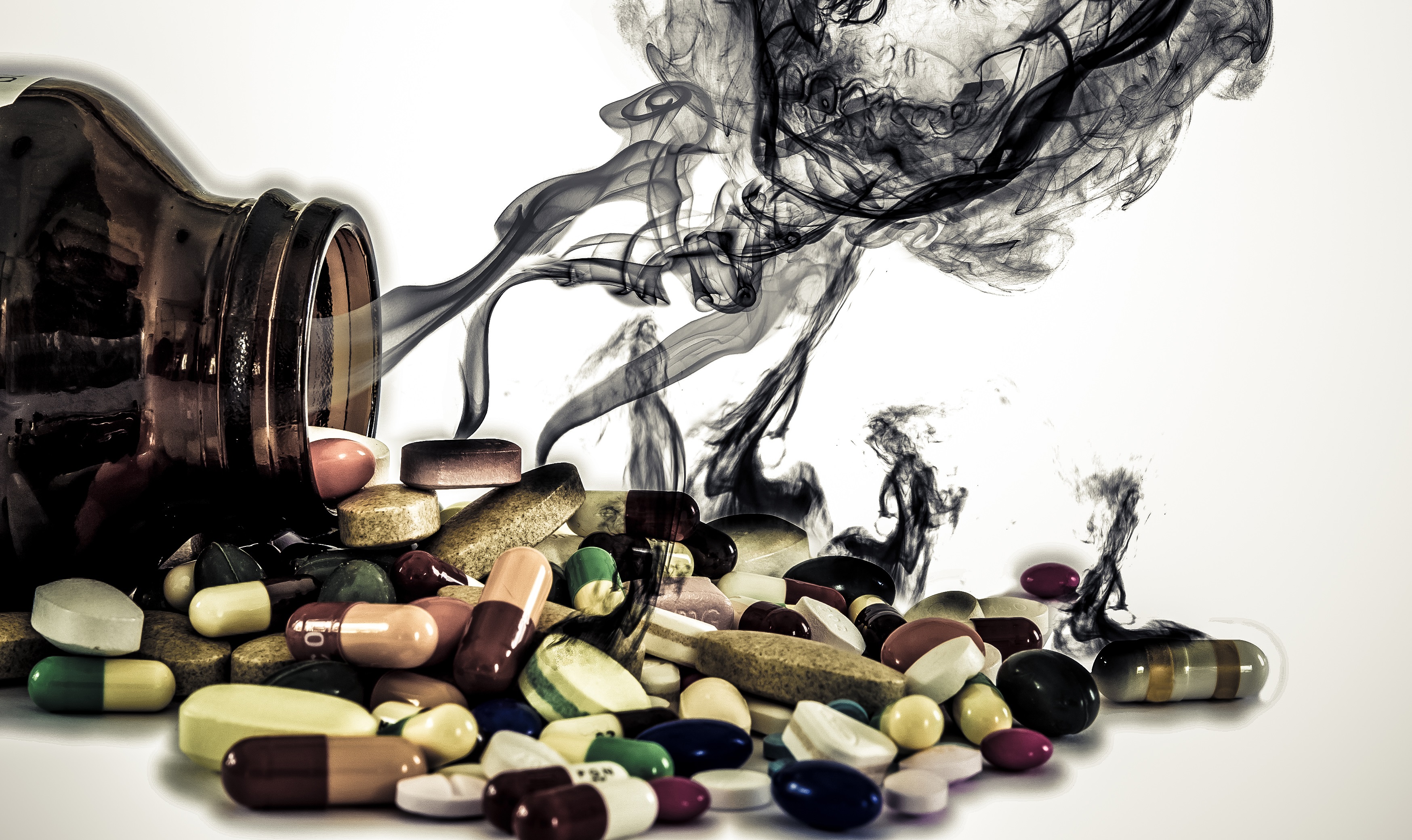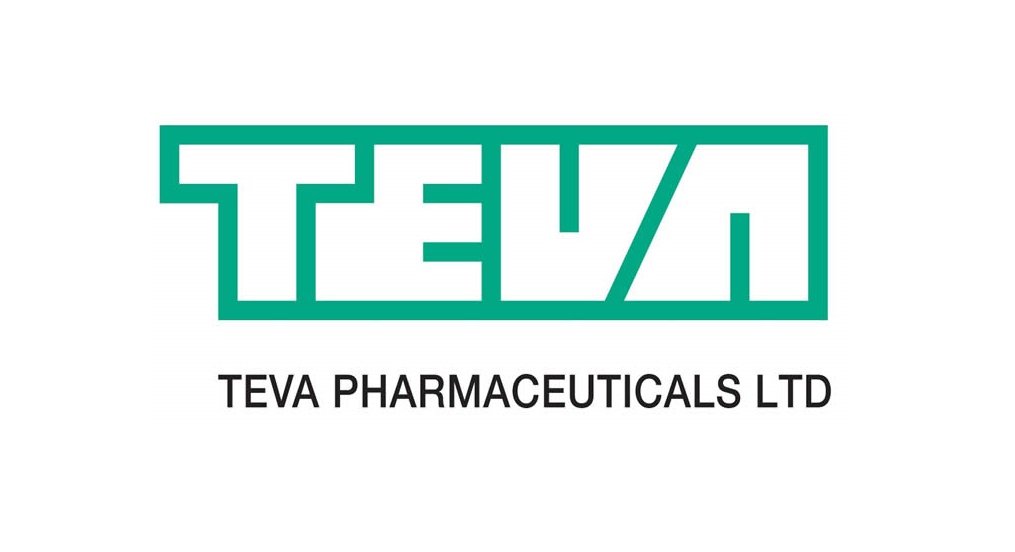Learn what’s trending by taking a look at the most-viewed stories on Pharmaceutical Processing in November 2016.
No. 10
AbbVie Ends Development Program with Halozyme After Phase 1 Study Failure of Humira Formulation

AbbVie has discontinued a development program with biotechnology company Halozyme Therapeutics after a phase 1 study did not achieve its target results.
Halozyme announced AbbVie’s discontinuation of the development program using Halozyme’s ENHANZE™ platform technology and the tumor necrosis factor alpha (TNF-alpha) target on Monday, November 21. The company said in a statement: “Halozyme and AbbVie will continue to work collaboratively to identify additional targets for co-development under their 2015 Global Collaboration and Licensing agreement. TNF-alpha was the first nominated target of nine included as part of the agreement.”
To view the full story, click here.
No. 9
Continuous Manufacturing Research Collaboration

The Engineering Research Center for Structured Organic Particulate Systems (C-SOPS), based at the Rutgers School of Engineering, and Thermo Fisher Scientific have collaborated to accelerate the university’s ongoing research on continuous manufacturing techniques for pharmaceutical discovery.
With support from Thermo Fisher Scientific, C-SOPS has obtained the Pharma 11 twin screw extruder/granulator, which will be used for testing of hot melt extrusion (HME) and wet granulation processes in continuous manufacturing. The equipment will be housed at the center’s full production-scale continuous direct compression solid oral dosage manufacturing facilities.
To view the full story, click here.
No. 8
Cannabinoid-Based Therapies Find a Home in the Pharma Industry
Featured company in article: Teewinot Life Sciences

Despite legal restrictions that have limited research into the potential medical applications of cannabis across the world, the synthetic cannabinoid market is on the rise.
The majority of clinicians are in favor of using medical marijuana to treat certain disease states, according to a survey conducted by NEJM. In this same survey, 76 percent of participants world-wide voted in favor of using marijuana for medicinal purposes even though the use of marijuana is still illegal in most of these countries. In North America, specifically, 78 percent voted in favor of medical marijuana use.
GBI Research’s latest white paper reports that—despite legal restrictions that have limited research into the potential medical applications of cannabis across the world—the synthetic cannabinoid market is on the rise. Pharmaceutical companies are introducing products with the main active ingredient being one (or more) synthetic cannabinoids indicated to treat a variety of conditions, including “anorexia nervosa related to HIV/AIDS, multiple sclerosis spasticity, and nausea and vomiting associated with chemotherapy.”
To view the full story, click here.
No. 7
Sanofi to Cease Production of BCG at Canadian Plant

Citing ongoing problems at its Toronto plant, Sanofi Pasteur said late last week that it intends to cease production of its TheraCys and ImmuCyst bladder cancer drugs in the middle of next year.
The drug company hasn’t offered TheraCys and ImmuCyst for sale in the U.S. for the past four years following quality concerns raised by regulators in the U.S. and Canada.
To view the full story, click here.
No. 6
Pharmaceutical Recall Trends in 2016
Featured company in Q&A: Stericycle ExpertSOLUTIONS

In 2016, pharmaceutical recalls went up in Q2—though, it was down compared to historical trends in 2004, according to Stericycle ExpertSOLUTIONS’ quarterly Recall Index.
“The Recall Index is a quarterly analysis of the ‘what’ and ‘why’ behind recall activity in the U.S.,” said Michael Good, Vice President, Stericycle ExpertSOLUTIONS. Focusing on five industries—pharmaceuticals, automotive, consumer products, medical devices, and food and beverage—the Recall Index compiles data from all of the major U.S. government agencies that order product recalls.
To view the full story, click here.
No. 5
Eli Lilly: Failed Study, Dimmed Hopes in Hunt for Alzheimer’s Treatment

A treatment for Alzheimer’s failed to slow mental decline in a widely anticipated study, ending hope that researchers at Eli Lilly had finally found a drug that does more to help those suffering from the fatal, mind-robbing disease.
The pharmaceutical company’s shares plunged 14 percent Wednesday before markets opened.
The drug, solanezumab, missed the study’s main goal when patients taking it did not experience a statistically significant slowing of cognitive decline — which involves a person’s ability to remember things — compared to those taking a placebo or fake drug.
To view the full story, click here.
No. 4
Report: Novartis in Talks to Acquire Amneal Pharmaceuticals

Novartis AG, in a bid to bolster its Sandoz business amid consolidation in the industry, is said to be looking to acquire generic-drugs maker Amneal Pharmaceuticals LLC, according to Bloomberg.
Amneal, which could be valued at $8 billion in a sale, reportedly is exploring options through an adviser.
To view the full story, click here.
No. 3
CDMO Patheon to Acquire State-of-the-Art Manufacturing Site

The Roche manufacturing site in Florence, SC acquired by Patheon (Credit: Business Wire)
Patheon N.V., a global provider of high-quality drug development and delivery solutions to the pharmaceutical and biopharma sectors, announced that it has signed a definitive agreement to acquire a state-of-the-art active pharmaceutical ingredients (API) manufacturing facility in Florence, SC, from Roche Holdings, Inc., an indirect, wholly owned subsidiary of Roche Holding Ltd., which it will integrate into the Patheon network.
Under the terms of the purchase agreement, Patheon will acquire the site for an immaterial sum, plus the cost of associated inventory and spare parts. Patheon has also entered into a multi-year supply arrangement with Roche. Patheon expects the supply agreement to help defray the costs associated with running the site for the next few years while it adds new client work into the facility. Over time, Patheon expects the Florence facility to have a similar financial profile to its other sites in its drug substance segment.
To view the full story, click here.
No. 2
Trump’s Election Impacts the Pharma Market: But for Good or Ill?

Photo credit: Gage Skidmore
After the world held its breath on Tuesday, November 8—awaiting the outcome of the U.S. presidential election—the resulting rippling effect has impacted a number of markets, the pharmaceutical industry included.
According to FirstWord Pharma, shares of the following European and Indian pharmaceutical companies rose with the announcement of the election of Donald Trump:
- Novo Nordisk: 6.5 percent increase
- Roche: 5 percent increase
- Sanofi: 3 percent increase
- Shire: 5 percent increase
- Bayer: 3 percent increase
- Hikma Pharmaceuticals: 7 percent increase
To view the full story, click here.
No. 1
Teva to Cease Operations at Manufacturing Facility, Slashing 200+ Jobs

Before the end of 2017, Teva Pharmaceutical Industries will be laying off more than 200 workers.
Currently employing 540 workers at its Bulebel plant and 180 workers in Hal Far, the company will be laying off approximately 210 workers between the two plants, respectively, as a result of its “European restructuring,” according to an article in Malta Today.
Earlier this year, Teva acquired Actavis Generics, strengthening its generics business through the acquisition of its competitor.
To view the full story, click here.
Follow us on Twitter and Facebook for updates on the latest pharmaceutical and biopharmaceutical manufacturing news!




